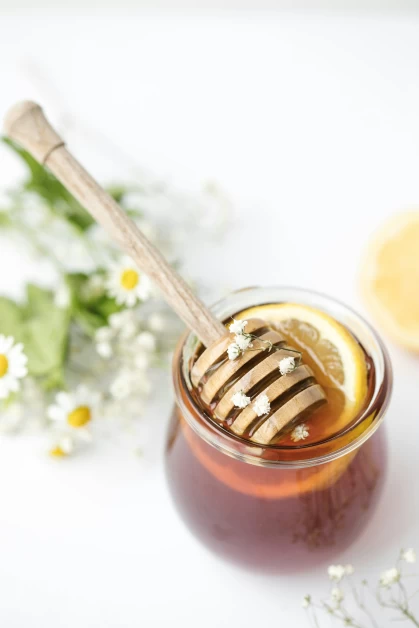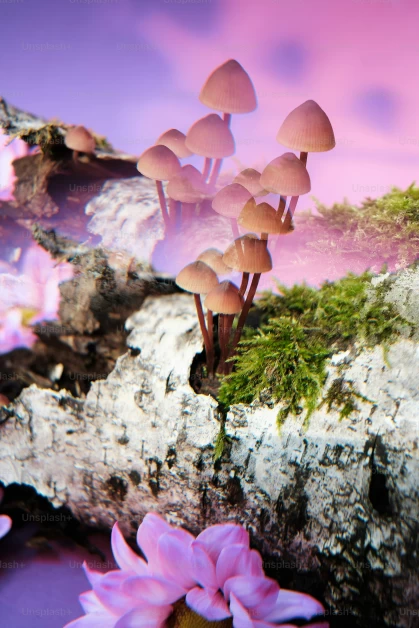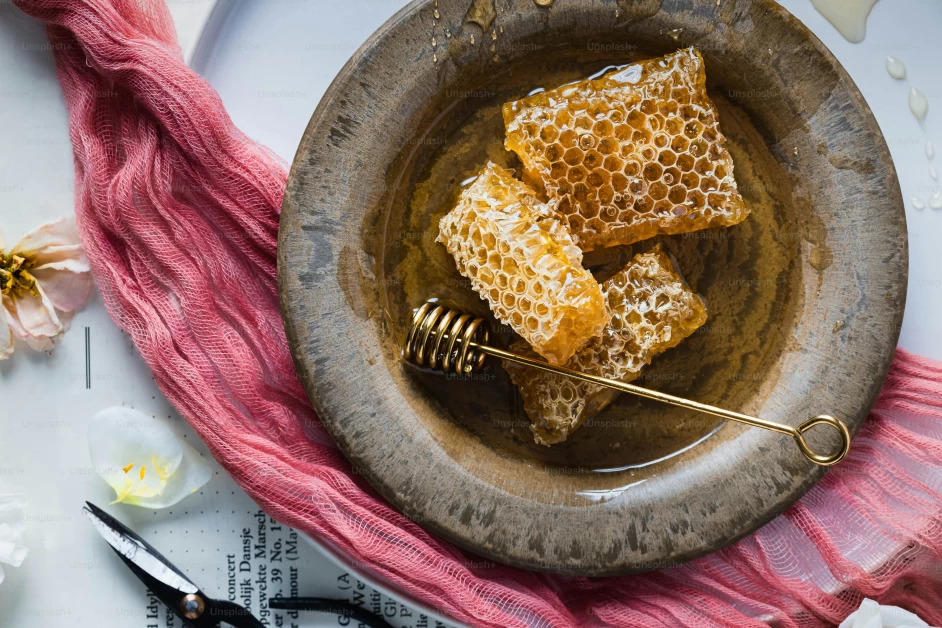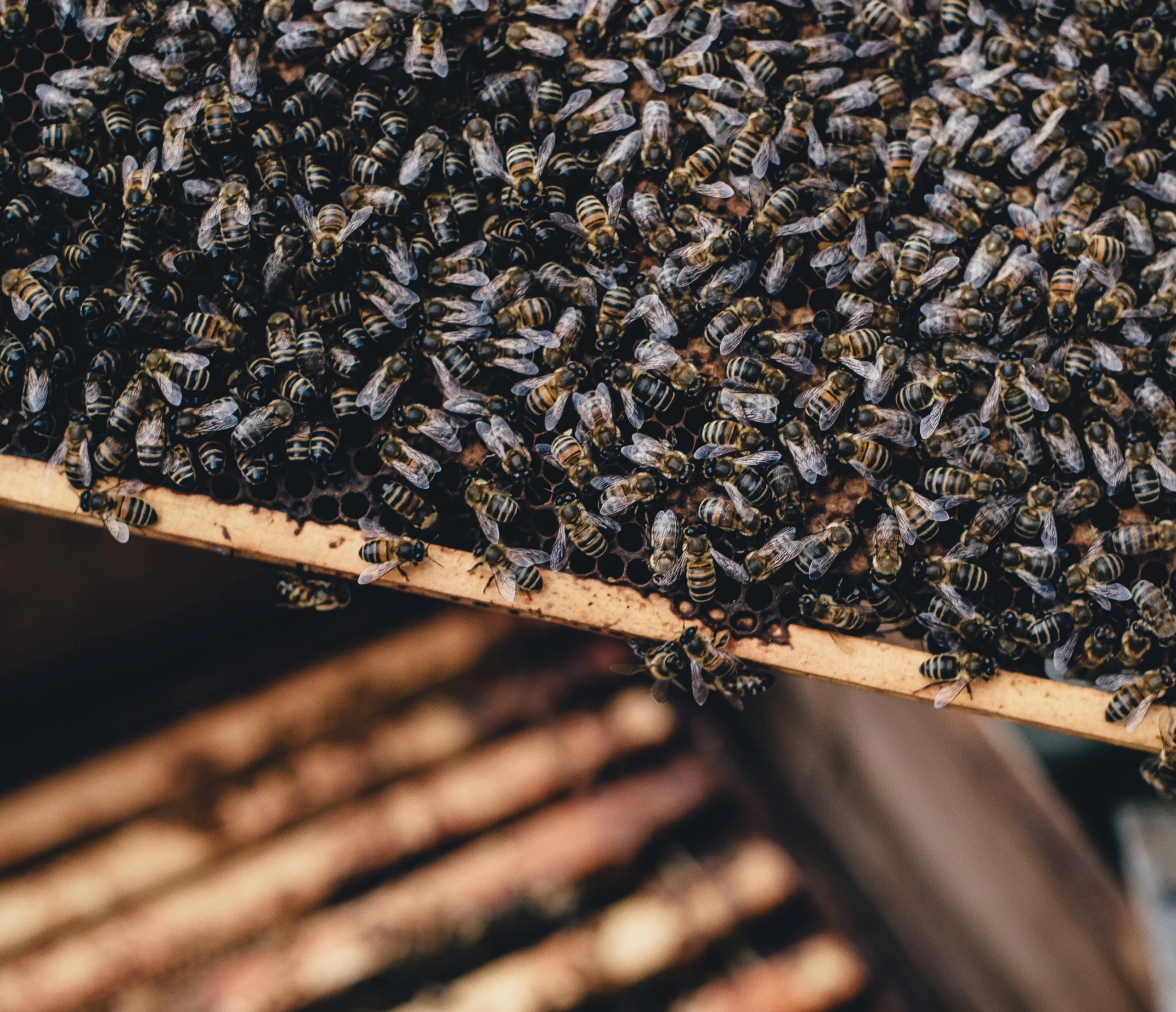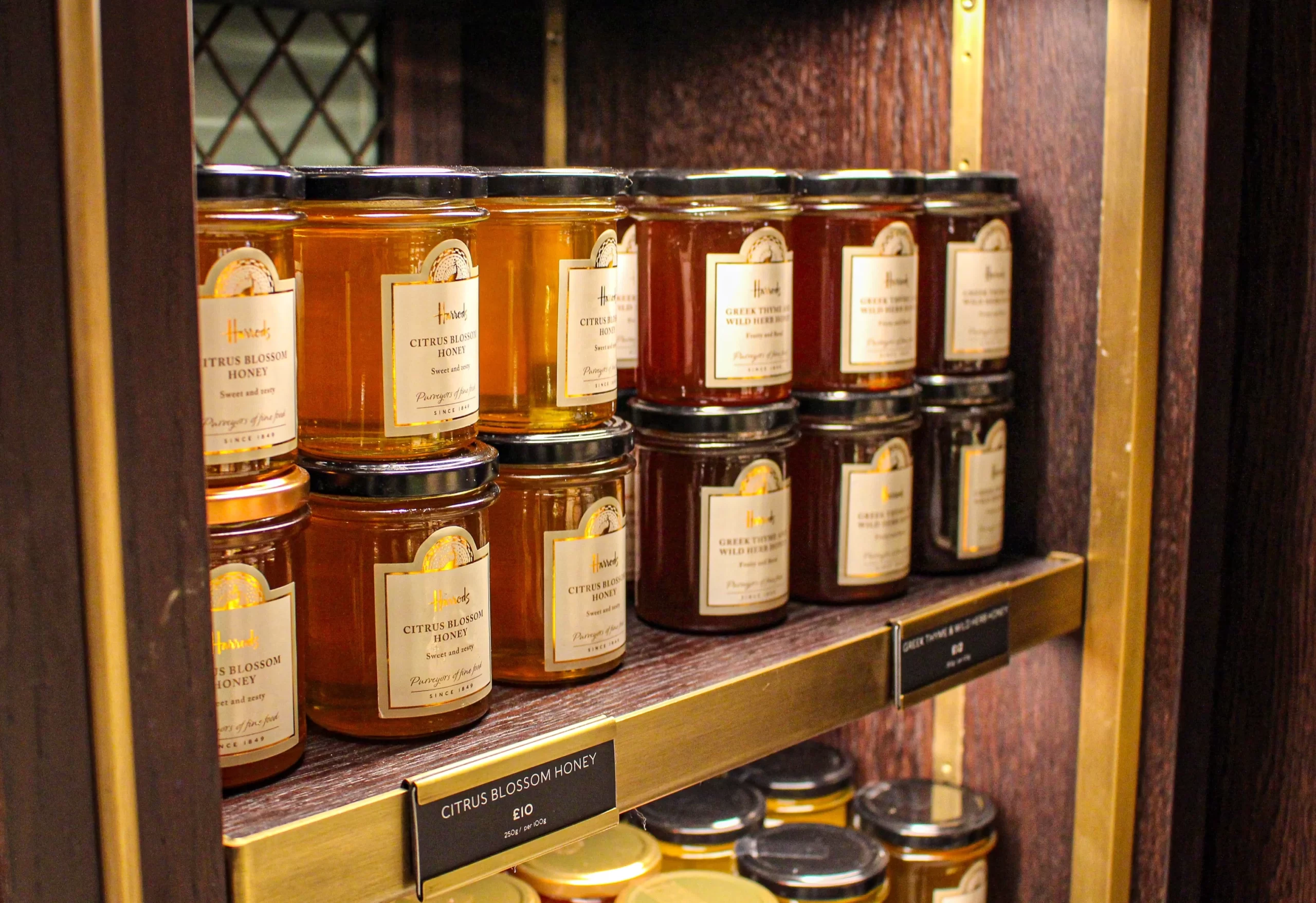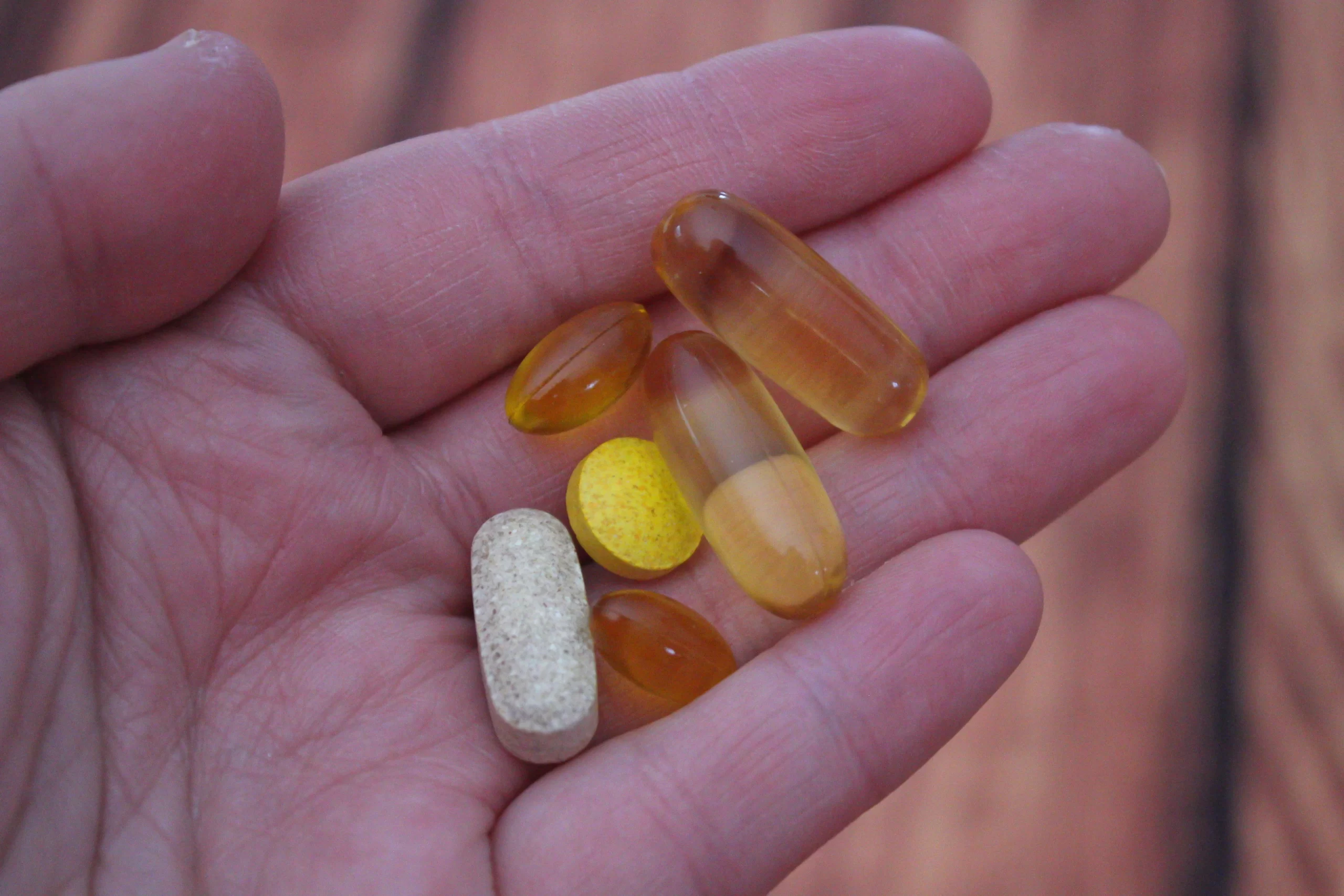Table of Contents
Introduction
Manuka honey has gained popularity as a natural skincare remedy, with claims of being a miracle cure for various skin issues, including acne. It is well-known for its unique properties, such as high antibacterial and anti-inflammatory abilities. However, this article aims to present five compelling reasons why you might want to reconsider using manuka honey as an acne treatment.
Lack of Targeted Treatment
Manuka honey, although beneficial for overall skin health, is not a targeted treatment for acne. While it has antibacterial and anti-inflammatory properties, its effects on acne are generalized and not specifically tailored to address the complexities of acne treatment. Acne requires a multi-faceted approach that includes exfoliation, sebum control, and inflammation reduction, which manuka honey alone does not provide.
The High Cost of Manuka Honey
Why Is Manuka Honey So Expensive?
Manuka honey is produced only in certain parts of New Zealand and Australia from the nectar of manuka flowers. This geographical limitation, combined with the short blooming period of the manuka flower, makes this type of honey rare and, consequently, quite expensive.
Is the Investment Worth It?
While some people may see results with manuka honey, there are more budget-friendly options available for acne treatment. The benefits for the skin that manuka honey provides can also be achieved with other, less pricey treatments. The high cost raises questions about whether manuka honey delivers a bang for your buck or simply empties your wallet.
Lack of Scientific Backing
What Research Says
The properties of manuka honey, particularly its antibacterial and anti-inflammatory properties, have been widely touted. However, the scientific evidence backing manuka honey for acne treatment is not as robust as one might think. While honey has antioxidative properties and has been historically used in wound healing, its efficacy in treating acne is still debatable.
Do the Claims Hold Water?
Although manuka honey’s benefits, such as wound healing and antimicrobial action, are often extended to presume it suits acne, rigorous scientific studies do not universally support these claims. This leaves room for skepticism regarding the effectiveness of manuka honey as an acne treatment.
Potential for Skin Irritation
The Double-Edged Sword of Methylglyoxal
One of the key components that gives manuka honey its antibacterial properties is methylglyoxal. While this compound may offer some benefits, it is also associated with skin irritation in some individuals.
Risk for Sensitive or Eczema-Prone Skin
People with sensitive or eczema-prone skin may find that using manuka honey exacerbates their skin condition. Although honey can be a natural humectant that helps retain moisture in the skin, the concentration of methylglyoxal can potentially irritate delicate or inflamed skin.
Impracticality for Daily Use
Honey, It’s Sticky!
While it’s tempting to slather on a honey mask and expect magical results, the sticky nature of honey makes it impractical for everyday use. Honey is also difficult to use as a cleanser, given its texture, and washing it off can be cumbersome.
Limitations in Versatility
Honey alone might offer some moisture to the skin, but using it for treating acne can be limiting. The humectant properties of honey help retain moisture, but it isn’t a comprehensive solution for acne that often requires a multi-faceted approach, including exfoliation and sebum control, which honey doesn’t provide.
Inconsistency in Quality and Composition
Not All Manuka Honey Is Created Equal
The antibacterial potency of manuka honey is often measured by the Unique Manuka Factor (UMF). However, not all jars of manuka honey come with this rating. Even among those that do, the UMF can vary, leading to inconsistent treatment outcomes.
Issues of Authenticity
With the rising popularity of manuka honey for skincare benefits, the market is rife with counterfeit products. Without a guaranteed way to ensure you’re getting high-quality honey, you risk applying an inferior product that offers little to no benefits for your acne or other skin issues.
The Exposed Skin Care Advantage: An Alternative to Manuka Honey for Acne
While manuka honey has been used for various skincare benefits, an alternative worth considering is Exposed Skin Care. Their range of products offers a comprehensive solution to manage acne effectively, considering various factors contributing to this skin condition.
Benefits of Exposed Skin Care:
- Inflammation: Unlike manuka honey, which may or may not reduce inflammation, Exposed Skin Care’s Treatment Serum is specifically formulated to tackle inflamed skin, providing guaranteed results.
- Face Mask: Forget the stickiness and mess of using a honey face mask. Exposed Skin Care’s Clarifying Charcoal Mask is easy to apply and remove, targeting acne without the fuss.
- Acne Scars: Exposed Skin Care’s products contain active ingredients that not only prevent acne but also work on reducing the appearance of acne scars.
- Hydrogen Peroxide: While manuka honey derives its antibacterial properties from naturally occurring elements, Exposed Skin Care’s formulations use proven ingredients like hydrogen peroxide to deliver consistent results.
- Eczema: For those with sensitive or eczema-prone skin, Exposed Skin Care offers gentle and effective products.
- Cleanser: No need to rely on the humectant properties of honey to draw moisture. Exposed Skin Care’s Facial Cleanser hydrates your skin while cleansing it deeply.
By choosing Exposed Skin Care, you opt for a regimen specifically designed to treat acne. Their products promote healthy skin, free from the lines and wrinkles often associated with irritated skin. This way, you can focus on achieving the best skin of your life without any guesswork.
Conclusion
While manuka honey has gained attention as a potential acne treatment due to its antibacterial and healing properties, it’s essential to question its efficacy compared to specialized skincare products. Manuka honey is not a targeted treatment for acne and its generalized approach limits its effectiveness in treating specific issues like acne scarring and inflammation.
Exposed Skin Care offers a range of products specifically designed to tackle various aspects of acne treatment, providing a more comprehensive and targeted solution. Their formulations consider inflammation, scarring, and overall skin health, making them tailored solutions with proven ingredients focusing exclusively on treating acne and promoting healthy skin.
In conclusion, while the benefits of honey, especially manuka honey, are noteworthy for general skin care, they may not offer a targeted treatment for acne. Exposed Skin Care rises as a robust, effective alternative to honey’s generalized approach.
